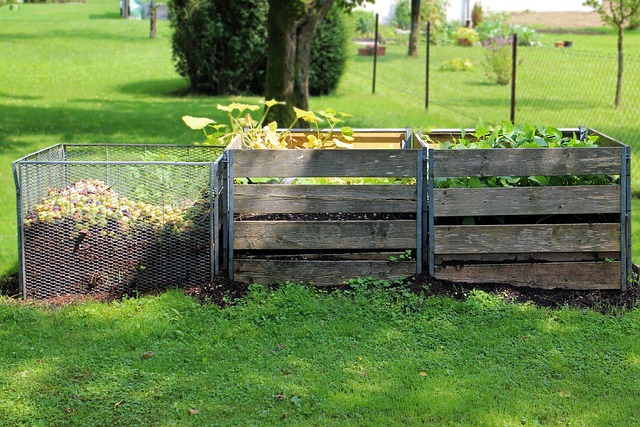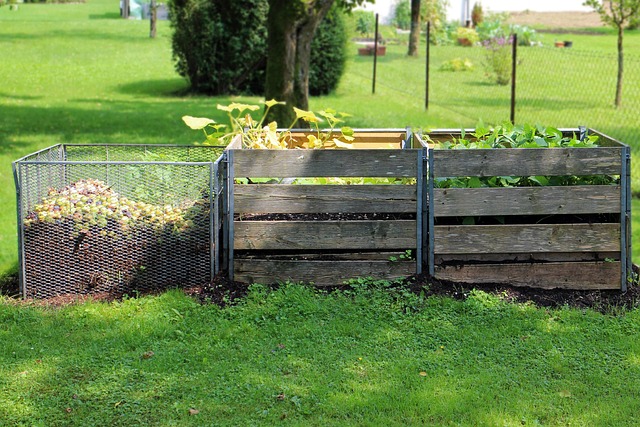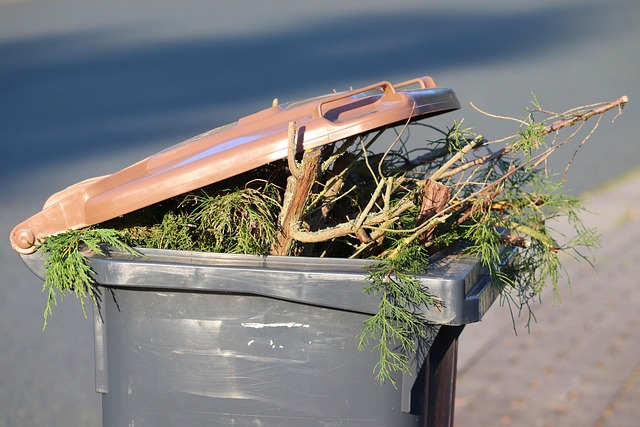The Ultimate Guide to Composting Materials: Eco-Friendly Tips for a Greener Garden
Composting is not just a practical way to recycle organic waste; it’s a journey into the heart of nature, where we help nourish the soil and support a green ecosystem. From the simplest scraps of food to the leaves that fall in your backyard, understanding the right compost material is key to transforming your garden into a thriving oasis.
Understanding Composting in the Environmental Spectrum
Embracing composting means embracing a lifestyle that prioritizes the environment. When we compost, we reduce landfill waste, prevent greenhouse gas emissions, and enrich the earth’s soil. Each component of your compost pile works harmoniously to create a diverse environment that benefits both plants and wildlife. As you engage with nature through gardening, this process becomes not just a chore but an eco-friendly act of love.
What Makes Great Compost Material?
Knowing what makes the best compost material is essential for any garden enthusiast. Here are the primary elements:
- Green Materials: These are rich in nitrogen and include fresh grass clippings, vegetable scraps, and coffee grounds. They provide the protein necessary for the microorganisms that decompose organic matter.
- Brown Materials: These add carbon to your compost pile. Consider using dried leaves, shredded paper, and cardboard. They help aerate the compost and balance moisture levels.
- Water: Keeping your compost pile moist is vital. Adequate moisture helps microorganisms thrive, breaking down the compost material more effectively.
Things to Avoid in Your Compost Pile
Not all organic materials are suitable for composting. Be mindful to avoid:
- Meat and Dairy: These products can attract pests and cause odors, disrupting your composting venture.
- Oils and Fats: Similar to meat, these can create problems and should be avoided.
- Non-Organic Materials: Stick to natural items; plastics and treated woods will hinder your compost’s natural process.
Tips for Effective Composting
Creating a successful compost pile is an art form that combines knowledge and effort. Here are some eco-friendly tips:
- Layer Wisely: Alternate layers of greens and browns for balanced decomposition.
- Turning the Pile: Regularly aerate your compost by turning it, not only keeping it fresh but speeding up the decomposition process.
- Monitor Temperature: A healthy compost pile will generate heat. If it cools down, it’s time to turn it to introduce more oxygen.
Connecting with Nature through Composting
The act of composting is deeply connected to our overarching desire to maintain a green and sustainable environment. When we choose the right compost material, we are not just gardening; we become stewards of nature. This holistic practice invites us to be mindful of our waste and empowers us to make choices that foster the health of our planet. As you embark on your composting journey, remember that each effort, no matter how small, contributes to a healthier ecosystem.
So gather your compost materials, get your hands dirty, and watch as your garden flourishes. Embrace composting—an eco-friendly act that nourishes both your plants and the earth!



